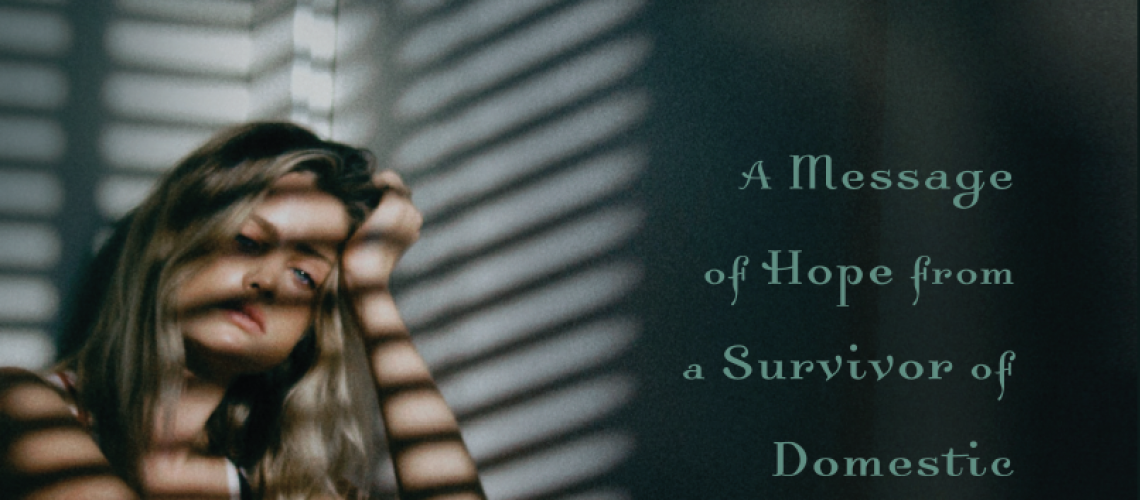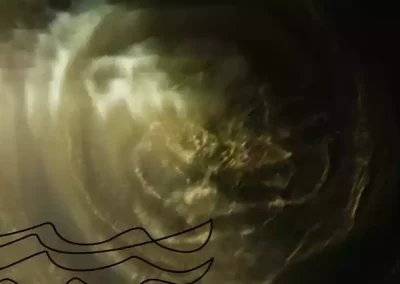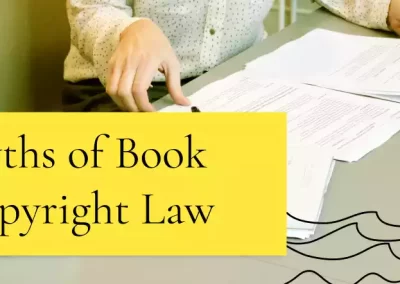By Tanner Chau
If you have never been in an abusive relationship, you have probably had the thought “That would never happen to me” or “I would never let that happen.” The unfortunate reality is every survivor of abuse thought the same thing and this mindset of “no, not me” is a dangerous thought to entertain.
Melissa Sachs’ new book One Eye Open is a first-hand account of domestic abuse, some of which was written while she was still living in the relationship with her abuser. One Eye Open hits home for me and I found myself having to set it down once or twice and breathe because, even though I left my abusive relationship years ago and thankfully did so before it got physical, my own trauma of emotional and mental abuse caught me off guard. What makes her account truly unique is the real time account of the mental state Sachs was in. To be in the moment with her, to see what the mind of an abused soul looks like is a gift to us to understand the trials of abusive relationships.
But the comfort I find, as a reader, is the affirmation that what I experienced is a similar experience of others, which is an invaluable feeling. Sachs’ book is truly a message of hope for survivors who are taking back their lives and for those currently living the nightmare. I found her book to be cathartic and healing to my personal experiences, even though I have continued on well in my life after my own abuse.
Sachs’ book is a prime example of how one becomes trapped in abuse. The abuser mimics you, becomes the “perfect” partner, they sweep you up in a whirlwind courtship and suddenly you are separated from your own life, family, and support system. Her book details the complexities of loving an abuser and hating an abuser all while being abused. Her vulnerability, her honesty, her pure thought about her experiences is reassuring to survivors in that it validates our own journeys. As someone who has loved an abuser, it is remarkable how similar the patterns, the behaviors, and the stories are, because when I was living in it I remember feeling so alone.
My personal take away from her book — something I advocate for as a survivor of abuse — is abuse is not exclusively physical abuse. Someone can be in an abusive relationship without any physical violence. The emotional and mental manipulation is the bonding-agent in keeping someone in the cycle of abuse. The abuser won’t lay a hand on you to get you to stay or to have you come back. Someone returns because of the pleas, the apologies and the promises to change, just as I did, just as Sachs did when we were living our abuse.
The greatest defense against domestic abuse is education on how to recognize it. Education on what an abuser does, what the behavior looks like, how to recognize the signs, and how to support someone trying to leave a dire situation which can, at any moment, become life or death. Discussing domestic abuse can be scary, but I would love to hear your perspective on the topic to encourage an open conversation.




